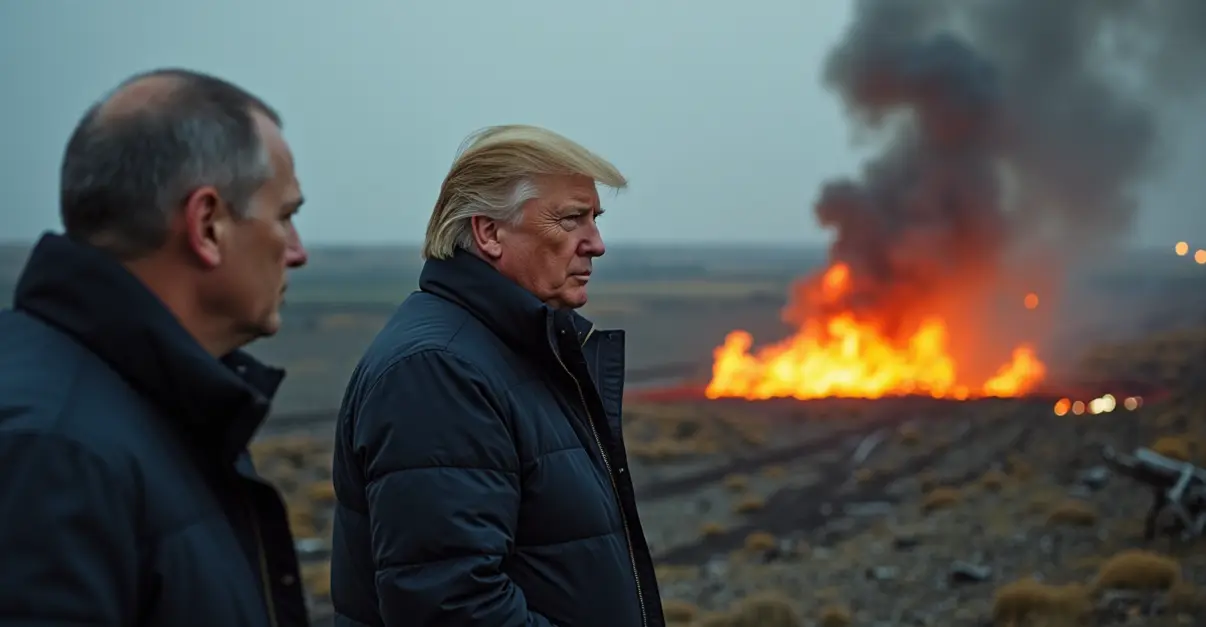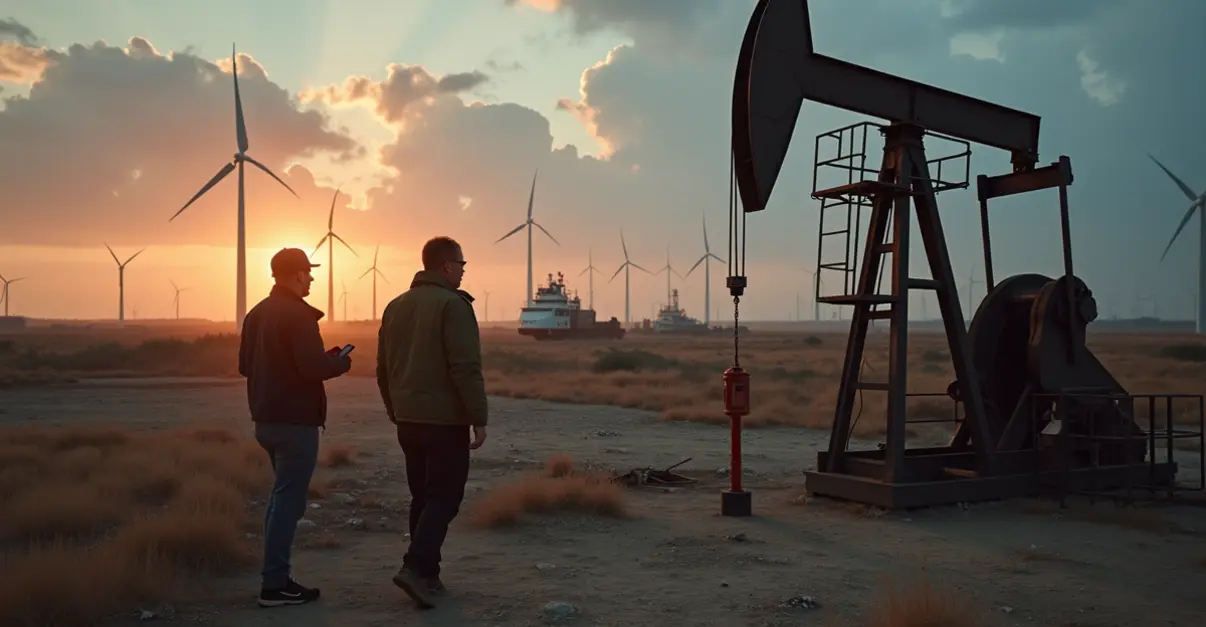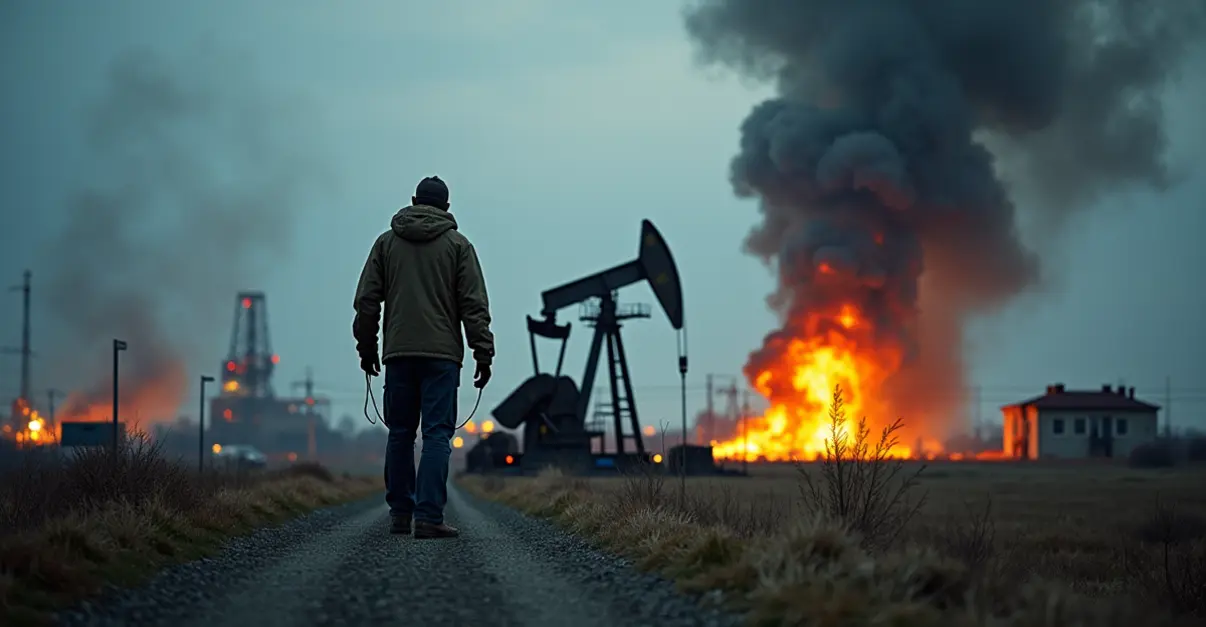Major Shift in US-Russia Policy as Trump Targets Energy Sector
In a significant escalation of economic pressure against Moscow, President Donald Trump has announced sweeping sanctions against Russia's two largest oil companies - Rosneft and Lukoil. The move, announced on October 22, 2025, marks the first sanctions imposed against Russia since Trump returned to the White House in January and represents a dramatic shift in his approach to the Kremlin.
Sanctions Target Russia's Economic Lifeline
The Treasury Department confirmed that the sanctions target Rosneft Oil Company and Lukoil OAO, which together account for nearly half of all Russian oil production and export approximately 3.1 million barrels of oil per day. Treasury Secretary Scott Bessent stated that the sanctions aim to 'stop the killing and for an immediate ceasefire' by targeting companies that 'fund the Kremlin's war machine.'
Under the new measures, the oil companies are prohibited from conducting business in the United States, their assets will be frozen, and the US can penalize foreign companies that continue to do business with them. Dozens of subsidiaries of both Lukoil and Rosneft are also affected by the sanctions.
Putin Summit Canceled Amid Diplomatic Tensions
In a related development, Trump announced the cancellation of his planned meeting with Russian President Vladimir Putin in Budapest, Hungary. The summit, which had been announced just a week earlier, was called off after what Trump described as insufficient progress in diplomatic efforts.
'I just felt it was time,' Trump told reporters in the Oval Office during a meeting with NATO Secretary-General Mark Rutte. 'We've had good conversations, but they haven't led to anything. It didn't feel right to proceed with the meeting.'
Rutte's Diplomatic Mission
The sanctions announcement came during a visit by NATO Secretary-General Mark Rutte, who had traveled to Washington in an effort to bring Trump back into alignment with European and Ukrainian positions. Rutte praised Trump for reopening dialogue with Putin but acknowledged the diplomatic impasse that led to the summit's cancellation.
'The president made the right decision to restart talks with President Putin, which broke the diplomatic deadlock,' Rutte stated. 'However, when progress isn't being made, it's appropriate to reassess the approach.'
Economic Impact on Russia
Lukoil and Rosneft have a combined estimated annual revenue of over $200 billion, making them critically important to the Russian economy and military funding. According to Reuters, Rosneft is Russia's largest oil company while Lukoil ranks among the world's largest privately-owned oil and gas companies.
The effectiveness of these sanctions remains uncertain, given Russia's ability to redirect oil exports to other markets. However, the measures represent the most significant economic pressure applied to Russia's energy sector since the beginning of the conflict in Ukraine.
Trump's Evolving Ukraine Policy
Trump's ten months in office have seen repeated shifts in his position on the Ukraine war. Early in his second term, he expressed admiration for Putin and sought rapprochement with Russia at the expense of Ukraine and its European allies.
More recently, Trump had shifted toward supporting Kyiv, suggesting Ukraine could reclaim all Russian-occupied territory. He had considered providing the Ukrainian military with American Tomahawk missiles but ultimately decided against it after a phone call with Putin.
'The problem with Tomahawks is that it would take at least six months to a year of training,' Trump explained to journalists. 'The only way it could happen quickly is if American military personnel launched the missiles - and I absolutely don't want that.'
European Union Coordination
Meanwhile, European Union member states have reached agreement on their nineteenth sanctions package against Russia, which includes a phased ban on imports of Russian liquefied natural gas (LNG). The decision, reported by Reuters based on EU sources, awaits final approval.
The coordinated Western response represents the most comprehensive economic pressure campaign against Russia since the invasion of Ukraine began, targeting the energy sector that provides the bulk of Moscow's military funding.

 Nederlands
Nederlands
 English
English
 Deutsch
Deutsch
 Français
Français
 Español
Español
 Português
Português










